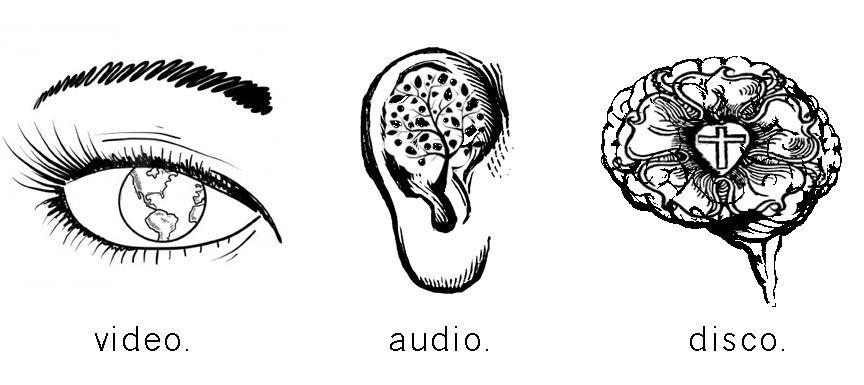
The term "saved" gets thrown around a lot in Christianity. Many people will use this term when referring to a specific event when they "got saved.” Or, others may casually refer to persons as being “unsaved.” In any case, this kind of talk is both exclusive and theologically incorrect.
The word “saved,” when used in the spiritual context, is theologically wrong for a number of reasons. First, using the term saved to identify a group of people logically leaves a contrasting group of people identified as unsaved. Theologically it is impossible to exist a person that is unsaved. The reason for this impossibility is that Jesus died for the entire world - everyone and everything (John 3:16,17; Romans 8:19-25). Therefore, if Jesus does the saving, how can there be any who are unsaved? Is His work incomplete? The answer is no. It is not Jesus’ work that is incomplete, but ours.
Secondly, it is important to discover the theological dilemma with the tense of the term “saved.” As mentioned above, many people refer to a specific event during which they “got saved;” as if to say that the saving has happened and is done. But this is wrong because we cannot claim to have been saved in the past tense. Rather, we are being saved every day that we surrender our will to the Father’s in the same way that Jesus did. When God's work is finished we will say Jesus has saved; but for now, Jesus is saving. Romans 10:13 affirms this when Paul writes, “For everyone who calls upon the name of the Lord will be saved”
Jesus’ work on the cross is infinitely and continually saving us. Thus, using the term “saved” to refer to a specific event in time is incorrect. The event in which one “got saved” is not Jesus’ saving but is instead a moment of comprehension and an experience of Grace and Truth. It was at this moment when Jesus’ work on the cross began transforming and saving the person from a life of sin. It was at this moment that the person was “born anew” (John 3:3) and could begin the life-long process of accepting grace and redemption.
Lastly, the exclusiveness of this term is not only unchristian in the way that it passes judgment, but it too is theologically incorrect. Jesus does not refer to those who do not believe in the One True God as “unsaved.” Instead, to describe the unbelieving Jesus uses terms such as “blind” (John 9), “lost” (Luke 15), “unbelief” (Mark 9:23,24), “sick” (Matthew 9:12), and “hearing and not understanding, seeing and not perceiving” (Matthew 13).
Instead of labeling those who have not realized the Good News as “unsaved,” Jesus uses terms from the physical domain as if to say that we are the problem; we are the incomplete ones in this redemptive relationship. Our physical existence is inhibiting our spiritual existence. Spiritually we are lost, blind, deaf, and altogether unhealthy. Jesus is much more concerned with our spiritual health.
But instead of using such decided language as “unsaved,” He uses terms that are alterable. And so, with the saving grace of the cross the blind may see; the lost are found; the deaf may hear; and the spiritually dead may live.
We are not saved. We are being saved every day. We are being renewed and redeemed by the grace of God and the death of Jesus Christ on the cross so that we may become the creations that God originally intended us to be.
